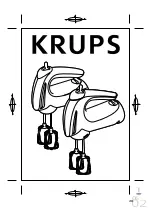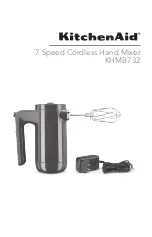
Glossary
52/ 58
V 1.2
zirkon User Manual
Band pass filter
Serial connected high and low pass filter that lets pass only
frequences between these two limiting frequency, i. e. a frequency
band of a defined bandwidth.
Bandwidth
Frequency band or range of frequences that can pass a system or
device e. g. a filter given in Hertz. Often octave is given as unit
whereby the next higher octave equals the doubling of the
frequency.
Bargraph
Optical display instrument in shape of a LED bar.
Bypass
Mode for evading a signal processor. The bypass switches off the
module and the signal passes unprocessed.
Channel
Channels are defined as mono or stereo. Apart from channel types
used for the processing of audio signals exists also the type master
that containes no individual audio signal but is used for controlling
assigned slave channels.
Channel cassette
Operating elements in the channel strip are combined in the
channel cassettes (e. g. Unit Processing).
Control panel
Part of the mixing console that includes the control modules,
display instruments, operating elements, etc.
Core
Core of the system (Lawo core includes routing system and DSP)
Crosstalk attenuation
Problem caused mainly by electromagnetic induction. The proper
signal of a channel appears attenuated also in neighbouring
channels. The quality of the separation is given in dB, i. e. the
difference between the level of the proper signal and the crosstalk-
level.
Cue point
Point of time during automated operation at which a certain signal
is to be played.
Cueing
Monitoring or a tape during the modes fast forward wind or rewind.
dB
Dezibel
dB describes ratios, like percentage does. As long as dB is not
completed by a reference, e. g. dB(A) it works as a factor, i. e. a
number multiplied with another.
dBr
Relative voltage level according to the following equation:
dBr=20lg U2/U1
dBu
Measure of the absolute voltage level based on 0,775 Volts. 0 dBu
equals 0,775 V (RMS).
The radio house norm level of +6 dBu is 1,55 V
The studio level of +4 dBu is 1,228 V
Delay
Modulation effect based on the delayed play-back of the input
signal. The signal is delayed and combined with the original signal.
Direct- Out
The direct out supplies the signal of a channel directly. The pick-up
is carried out usually after mute switch, which means also after
fader. It is positioned at the end of the signal flow in the channel
strip (after insert point and sound control.
Drop- Out
Interruption of the audio signal caused by an error in the signal
transfer or recording.
DSP
Digital Signal Processor
Central processing unit in a digital signal processor on a board.
The DSP is used for processing of data in realtime, which means it
can permanently receive, process and give out data without
interruption. This allows also a permanent reverberation.







































